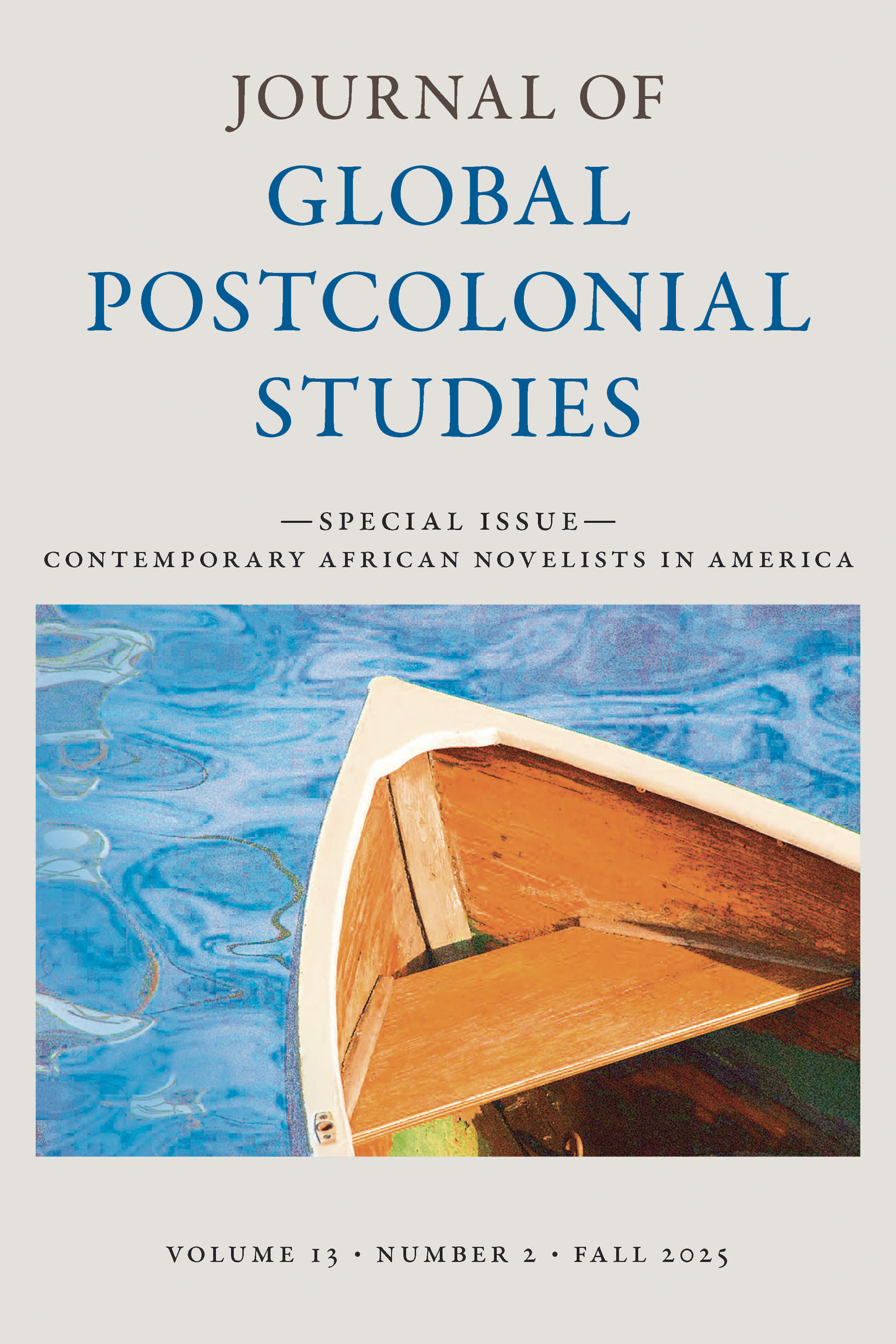Africanizing the Archival Vision of American Racial Violence in Teju Cole’s Tremor
Main Article Content
Abstract
Born in Michigan in 1975 but raised in Lagos, Teju Cole belongs to a new generation of African novelists who came to the United States of America as immigrants or students. Inspired by the publication of Chimamanda Ngozi Adichie’s epoch-making novel Purple Hibiscus (2003), these Afropolitan novelists self-reflexively thematize their immigrant experiences and racial dynamics between contemporary America and Africa. Genealogically, then, Cole’s Afropolitan positionality and orientation afford him privileged access not only to insider knowledge of American history, but also of his Yoruba cultural heritage. His novella Every Day Is for the Thief (2007) and debut novel Open City (2011) epitomize Cole’s transcultural sensibility. His latest novel, Tremor (2023), extends this thematic trajectory through kaleidoscopic narration and anecdotal focalization of the protagonist and author surrogate, Tunde—a Nigerian lecturer at Harvard University, photographer, art critic, and music connoisseur. I argue that Cole Africanizes the archival vision of American racial violence through his transcultural solidarity with African-Americans and political activism. Tremor thus interrogates the archives of American racial violence from counter-hegemonic perspectives that empathize with Afrodiasporic experiences.

